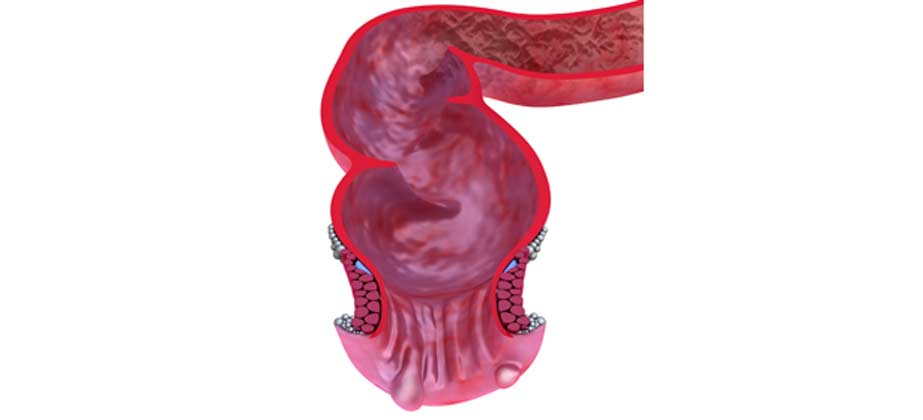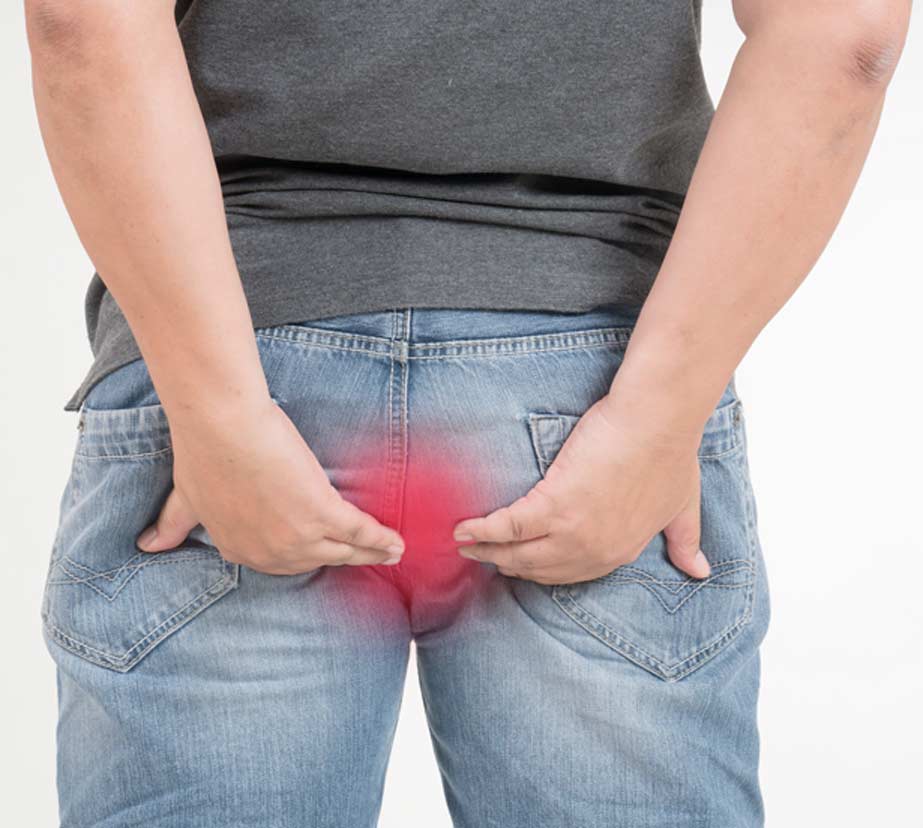
If you're experiencing pain around the buttocks, it's possible that this pain is being caused by a fistula.
A fistula is a type of abnormal connection or tunnel that can occur in various areas of the body in a manner that can bring about numerous complications if not treated immediately.
The type of fistula that can affect the anus develops from an abscess, which is a swollen area that's located within body tissue. Since the symptoms associated with a fistula can worsen over time, it's important to receive treatment as soon as possible.
What Is a Fistula?
A fistula is a small tunnel that extends from the inner portion of the anus to an area of the surrounding skin. Fistulas typically develop in situations where a previous infection didn't heal properly. While fistulas can be treated, they will require surgery to properly correct. Around 50 percent of all abscesses in this area will develop into fistulas.
What Are the Causes of a Fistula?
There are numerous glands within the anus that are designed to create fluid. If these glands become clogged or blocked for any reason, bacteria will buildup and cause the development of an infection. This infected tissue will oftentimes be swollen, which means that you're suffering from an abscess. If the abscess isn't treated early on, it will continue to grow and can eventually develop into a fistula when the pocket of tissue has reached an opening in the skin. The fistula is the tunnel that makes the connection between the gland and the opening. While an abscess will cause a fistula in most cases, it's also possible for a fistula to develop because of a sexually transmitted disease or a certain condition like tuberculosis.


Symptoms of a Fistula
The more common symptoms associated with a fistula include those of redness, swelling in the anus, and pain, the latter of which could range from mild to severe. While these are the more common symptoms, some of the less common ones include bleeding, a high fever, urination or bowel movements that are painful, and the oozing of a foul-smelling liquid from the hole that was created by the fistula. No matter which of these symptoms you experience, it's important that you contact a doctor immediately to lessen the complications that occur.
How a Fistula Is Treated
The only treatment option for a fistula is surgery, which will usually be performed by an anorectal surgeon. If the fistula isn't located in an area that's too close to the anus, some of the muscle and skin that surrounds the tunnel will be cut open in order to allow the fistula to properly heal. It's also possible for a small tube that's referred to as a seton to be positioned in the opening. The placement of this tube allows liquid to be drained from the infection before the surgery is set to take place. The sphincter muscles within your anus could also be cut during the surgery as a means of correcting the problem.
